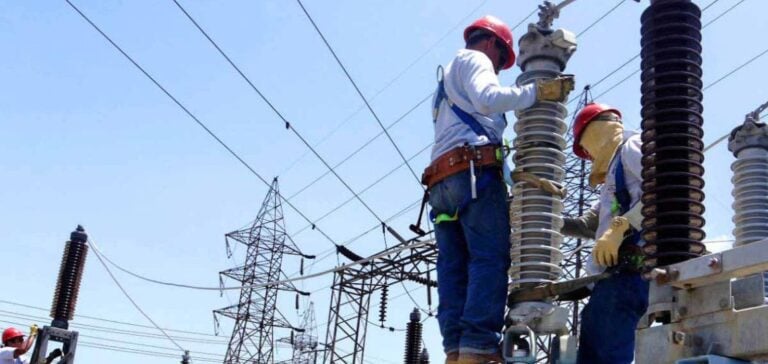President Daniel Noboa declared a state of emergency in Ecuador’s electricity sector. The latter called for the resignation of Energy Minister Andrea Arrobo, while announcing the opening of an investigation into possible sabotage. This decision comes after the announcement of temporary electricity rationing, exacerbated by persistent drought, lack of infrastructure maintenance, and the presence of “minimum flows” in hydroelectric plants.
Rationing and economic impact
In response to the crisis, the Ministry of Energy announced temporary rationing, citing drought and lack of maintenance as the main reasons. This critical situation has been exacerbated by Colombia’s decision to halt electricity exports to Ecuador, also hit by a severe drought caused by the El Niño phenomenon.
Support measures and public response
President Noboa has also taken steps to ease the financial burden on Ecuadorian citizens by reducing electricity bills by 50% for the month of April. He blames the crisis on the “inefficiency and corruption” of some people, claiming that the people should not bear the consequences.
Political and electoral context
The decree comes a week before a crucial referendum on the fight against organized crime and drug trafficking. Voters will be asked to vote on measures to toughen penalties against crime, underlining the complexity of the security and political situation under President Noboa.
Under the previous mandate, the country had already experienced frequent power cuts. The current government has inherited unresolved challenges, notably in terms of hydroelectric resource management and corruption. President Noboa, who is seeking re-election in 2025, is counting on these reforms to win back public confidence and stabilize the energy sector.






















